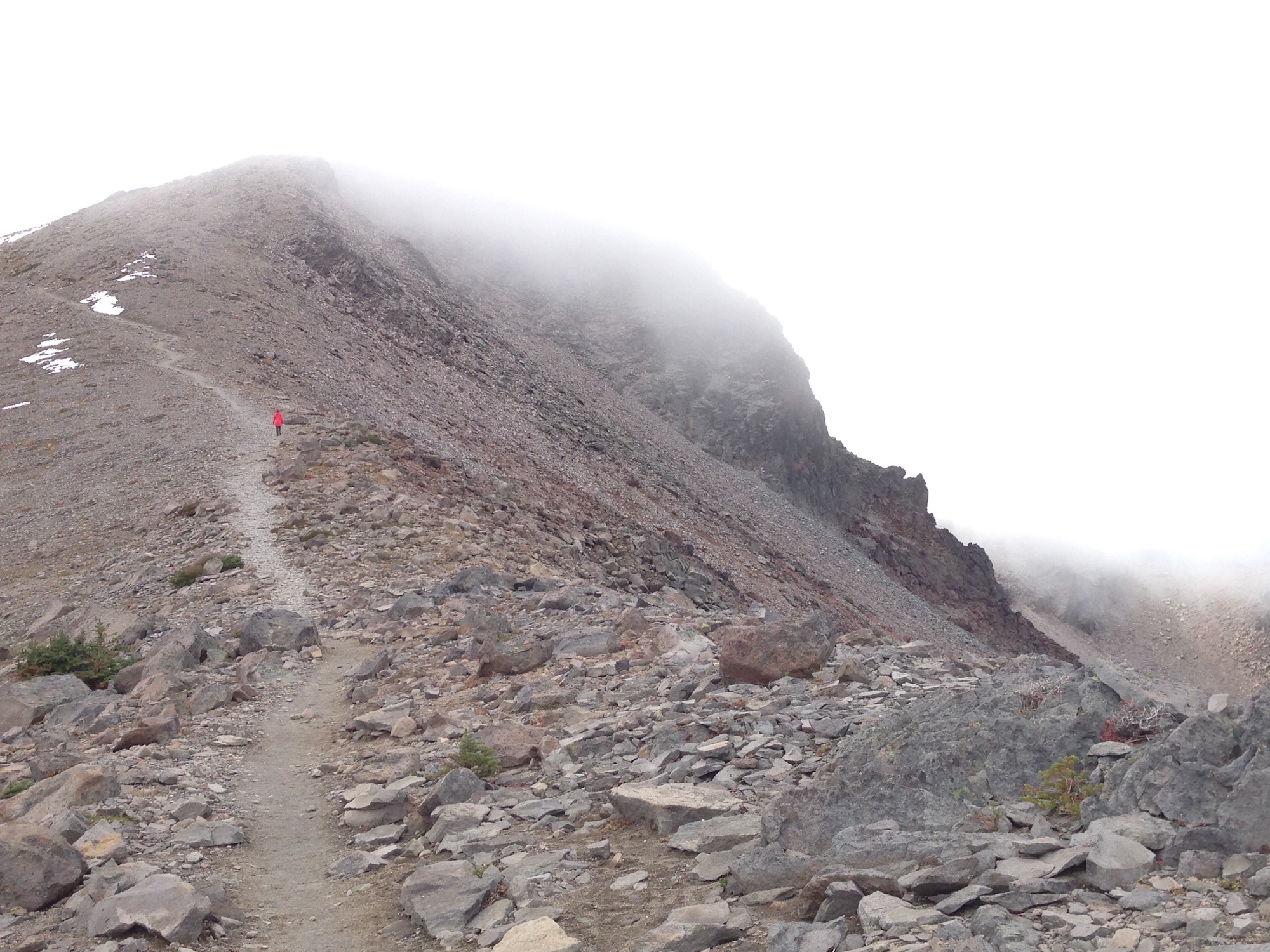Try on this updated version of the four “anti-practices” suggested in the last post…
- Analyzing, the opposite of Appreciating;
- Facilitating, the opposite of Inviting;
- Problem-Solving, the opposite of Supporting; and
- Making a Good Case, the opposite of Making Good.
Yes, I think that Inviting might just be the opposite of the sort of facilitation that coddles, protects, defends, assures, and tries to make sure that everyone gets to speak… and that everyone else has to listen to them. This might explain why some really good facilitators struggle so mightily with Open Space Technology.
Fixing might be generalized to problem-solving in general, and problem-finding in daily practice. ‘Nuf said.
And then, Making a Good Case wants to suggest that the opposite of Good is Best, as Making the Good Case so often means proving and assuring we have and have done what’s Best. This one might end up being called Making Sacrifices, as so much life energy and good work is lost, or wasted, in the process — sacrificed in the name of Best Practices and Measurable Certainty. How much is wasted making sure, , instead of just making good. We chase the ultimate sure thing, free lunch, perfect fit, and best practice — in exchange for the good life we already have and can practice every day — just in case. Maybe it would be more to the point to just say Making Excuses, which happens whenever we don’t think we’re doing good.
OR: How about Playing it Safe?
Nah… I think it’s Making Excuses.

You’re making a good case for these terms!
🙂
perhaps. practice always happens at the edge of this, and the other!
and, not really making a case, but searching the field that is me and my practice. appreciating the vastness. inviting reflection and supporting conversation by posting the unfinished process. making good on the input you offered yesterday, that wasting might not fit as well as something else. glad for your comment and willing to roll around in the possibility of being clearer still!
The think that works about these terms is that proceed from positive intentions. There is nothing wrong with analysing, facilitating, fixing and making a good case and a best practice. And that is why they work for me, and especially as we lead into an Open Space world view that invites us to appreciate these practices and extend them into what we are writing about.
yes, the positive intention in each is true enough. and at some point there is also the cyclical stacking of them that matters. if we start from analysis, it’s hard to invite. we don’t appreciate, so we dare not invite. we have to be more active facilitating, making it easy for others to follow the leader’s plan. then it’s harder to support, in the sense of holding space, for people to make their own moves and connections, we end up solving problems, deviations from plan, instead. and if we’ve come that far, we’re likely thinking that this meeting has been a big waste, for all it was supposed to be, could have been, and what the organizers have to do is make excuses for why the desired results were not achieved. or find a way to show that somehow they were. that takes analysis. whoops, here we go again.
the main point is that in every season that we don’t go big, we take away our chance to go big in the next move. this is also why some people insist on modified open space, taking small steps toward opening. not really necessary, i think the potential of opening space is ever-present and available, but it is easier to sustain if we start from a place of appreciating (in the first place) than if we start from a place of problem solving (in the third practice/season).